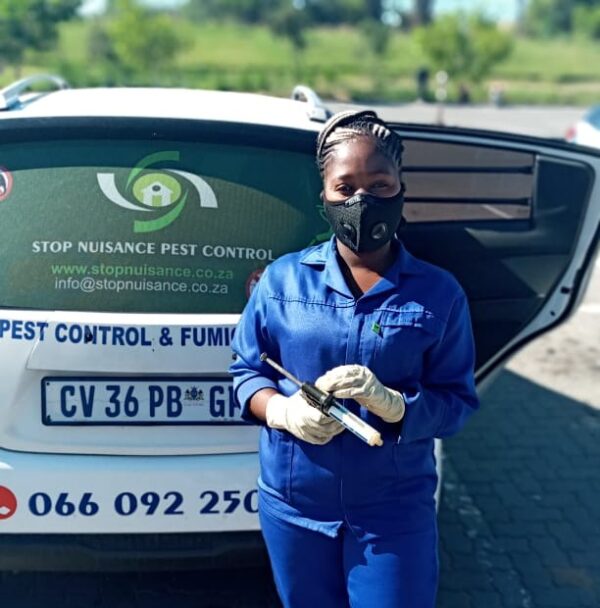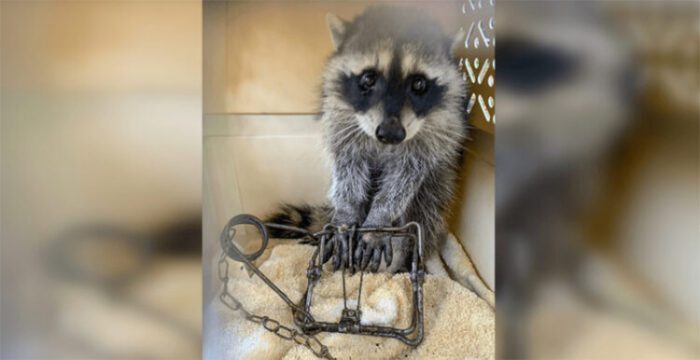Yes, a raccoon will escape a non-steel trap/cage with flexible wires or a door. They are super flexible and (like mice) have relatively flat skulls meaning that they can squeeze through some surprisingly small spaces.
The key to catching and keeping raccoons trapped is tying the bait securely in the back of the trap and set up the door in a way that their fingers can’t slide to open it.
An escaped raccoon might become trap “educated. To catch the educated coon, you’ll have to shift to a didn’t level of trapping.
If that happens, Switch to Dukes dog-proof, bait with fish scent (tuna juice), mini marshmellows, be sure you attach it to something solid. You will want the “setting” tool. These are not “release” traps, you shoot what is caught.
Duke’s are very efficient at catching coons.
Table of Contents
How Long Can A Raccoon Survive In A Trap?
A caught raccoon can survive 21 hours in a trap before starting to need food and water.
Is It Legal to Trap and Kill Raccoons?
Although protected, the law permits homeowners to trap troublesome raccoons. It is legal to kill raccoons during certain times of the year so check in first with your local wildlife agency.
What Does Animal Control Do with Raccoons?
They take and relocate them. The ones that are tested and are confirmed to carry rabies will be put down.
Raccoon Keeps Stealing Bait from Trap?
- Ensure the holes are so small that a raccoon’s hands can’t fit through and take the bait from outside
- Tie the bait inside the cage so it is hard to pull out easy
- Get a better cage
What to Do with A Trapped Raccoon?
Once a raccoon has been trapped, you must consider either relocating it or killing it. If the latter, ensure it is a quick and painless process.
How Far Will A Raccoon Travel to Return Home?
A raccoon will travel less than 5 miles to return to its original territory so take them away at least 10 miles from the capture site.
How to Dispose of A Trapped Raccoon
A CO2 chamber is the best way to euthanize an animal in a cage trap. But, if you don’t own one, the =n shooting the animal is the second-best option. Please do not drown the animal – that’s a cruel redneck move.

With over 5+ years of experience in pest control and a PhD in Entomology, our author brings a blend of scientific knowledge and practical expertise to Pestifier.com. Passionate about creating pest-free environments, they provide effective tips and strategies for managing and preventing pest infestations. Connect on Facebook for the latest updates and insights.

